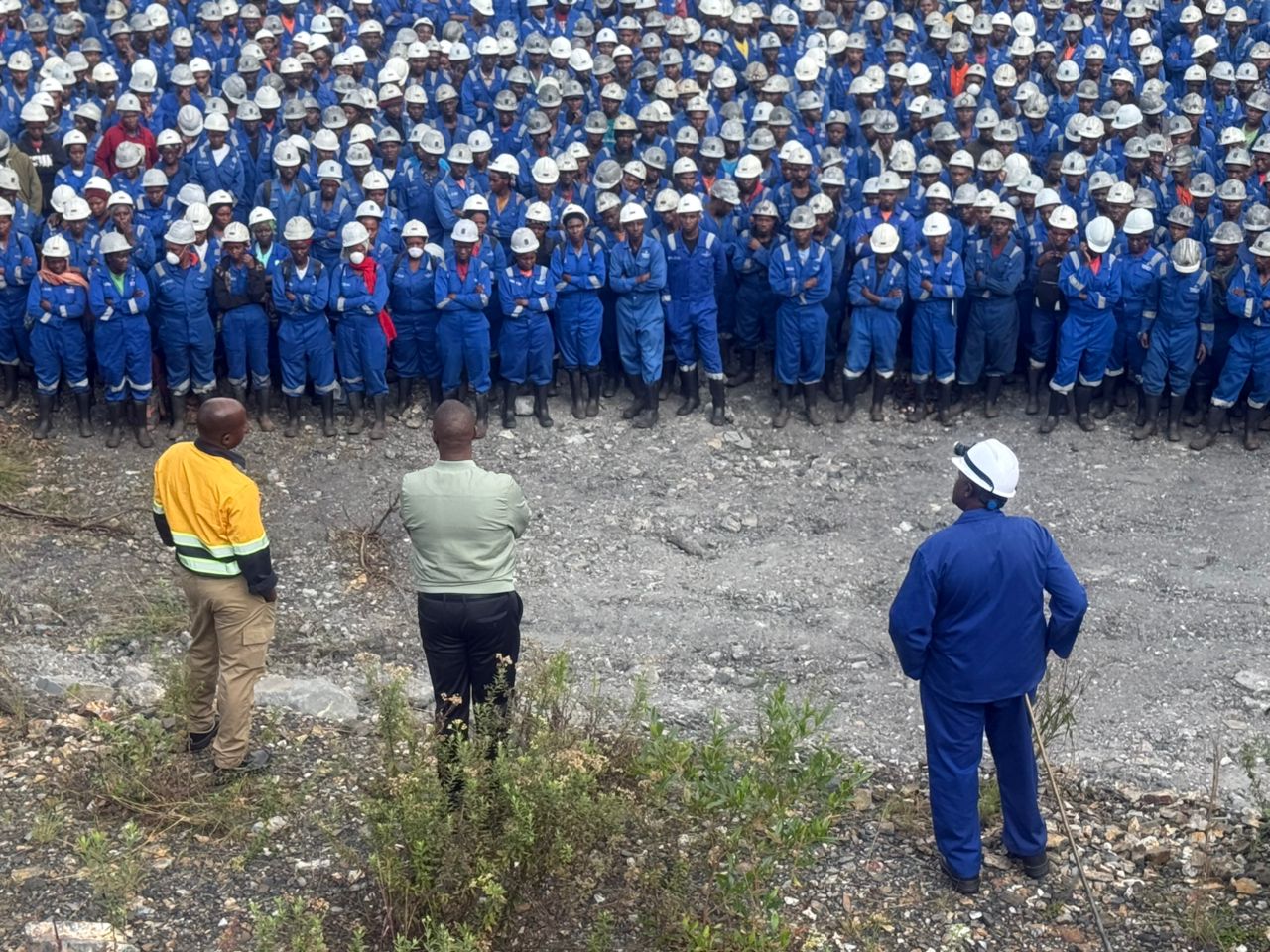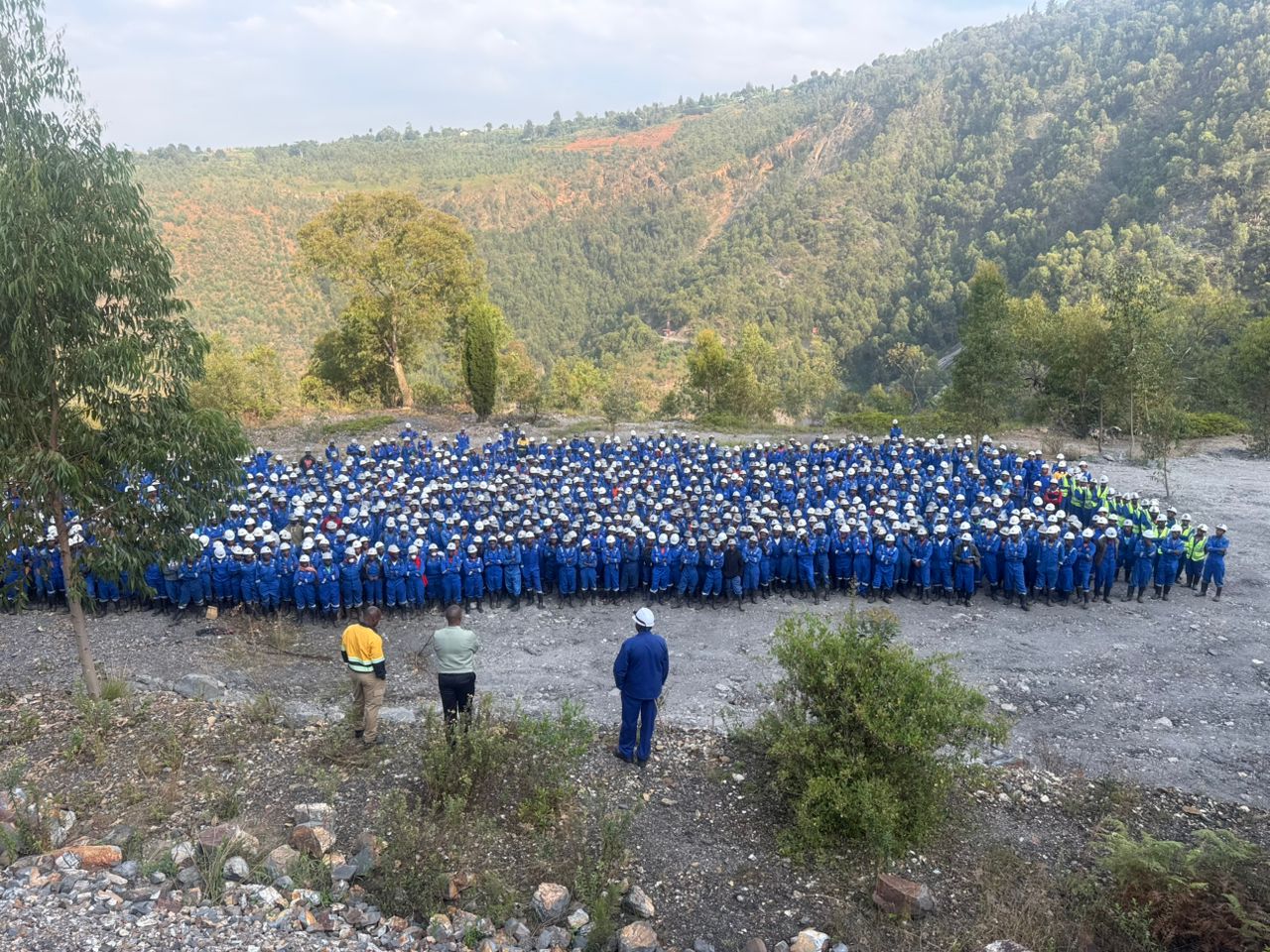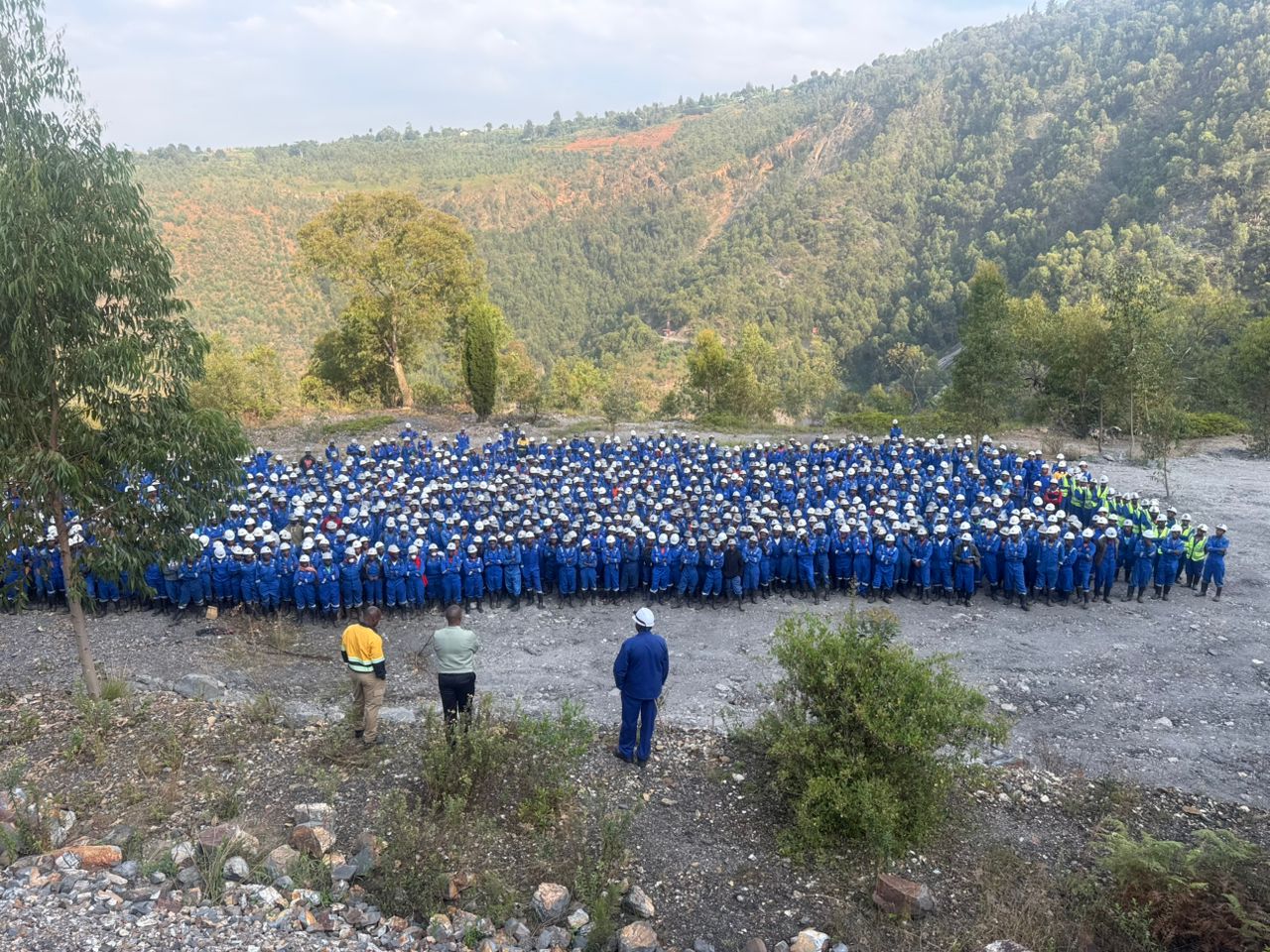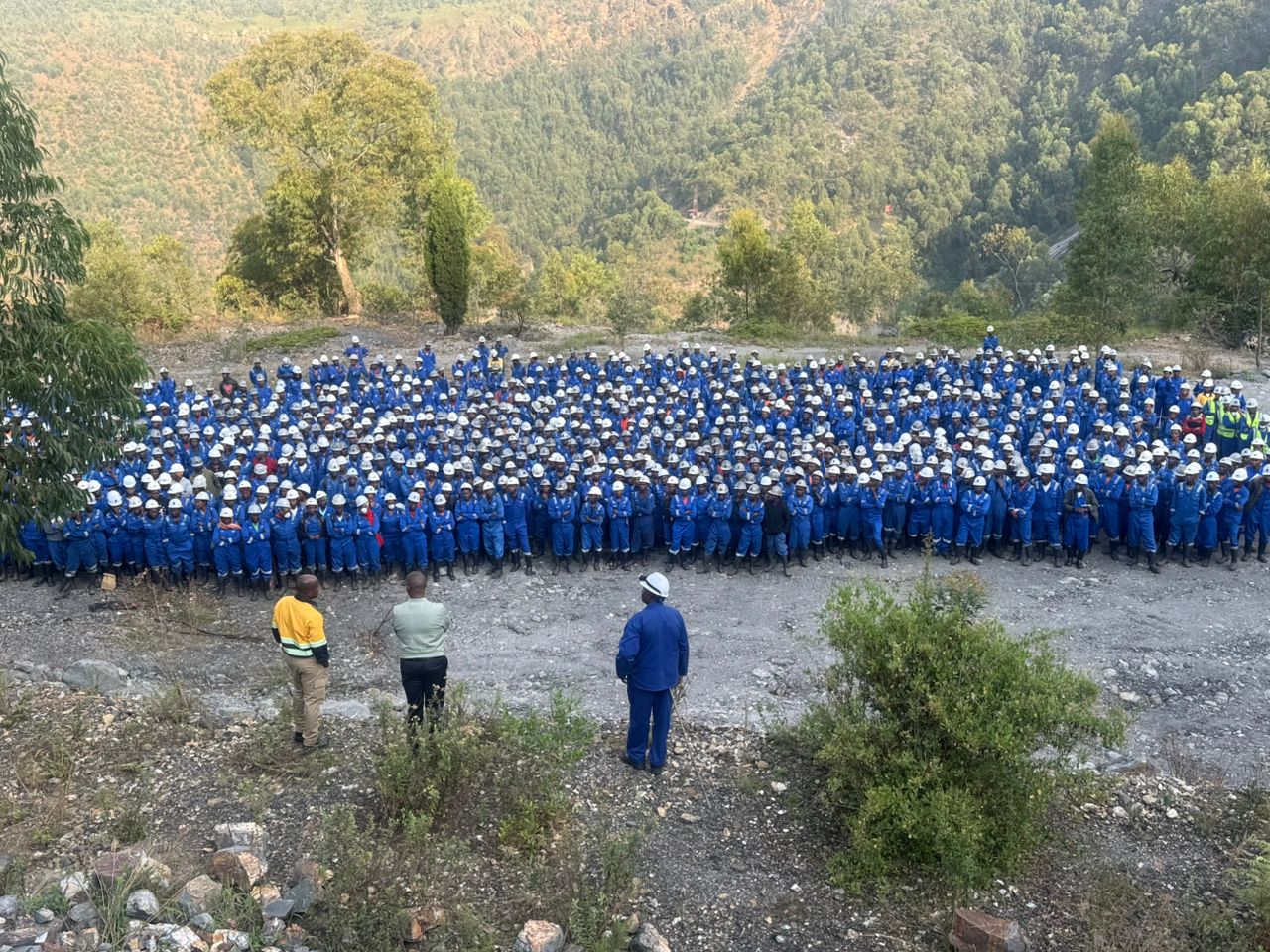On June 26, 2025, the Rwanda Extractive Industry Workers Union (REWU) held a crucial meeting with employees at Trinity Metals Nyakabingo to communicate upcoming changes in the company’s operations. The session began with the General Manager of Trinity Metals Nyakabingo addressing workers, explaining the new operational model, and confirming that he had discussed these plans with REWU.
The Deputy Secretary General of REWU, Bwanakweli Jean Marie Vianney, then expressed gratitude to the employer for their willingness to accept and implement the outcomes of negotiations following productive discussions. He emphasized that the changes are part of a broader government initiative aimed at phasing out subcontracting within the mining sector.
Bwanakweli explained that the new model had already been adopted at Trinity’s Musha and Rutongo branches and would now be extended to Nyakabingo. Previously, Trinity Metals Nyakabingo worked with a subcontractor, but that agreement was terminated, resulting in approximately 2,000 workers being directly employed by the company.
He highlighted that the company and union had negotiated a Collective Bargaining Agreement (CBA) that ensured workers retained their benefits, such as improved pay per kilo, bonuses, and, in some cases, doubled or tripled salaries. Production capacity had also increased from 60 to 120 tons.

Initially, news of the transition caused anxiety among employees, with fears of layoffs, pay cuts, or loss of bonuses. Rumors of potential job losses began to negatively affect productivity, with the company reporting a decline of up to 800 kilograms in output.
In response, REWU engaged in discussions with Trinity’s management, advocating for the retention of the entire workforce. The union worked with the former subcontractor to ensure that workers would remain employed under the new direct employment model, with all existing rights and benefits protected. Those workers who had reached retirement age were excluded from the transition.
Bwanakweli noted that management was invited to communicate the outcome of these negotiations to the employees, helping to boost morale and alleviate fears. The workers were reassured that their jobs and benefits were secure, fostering a more positive outlook for the future.
He also stated that ending subcontracting would enable the company to manage its workforce more efficiently. Unlike before, when the employer could hire, reshuffle, or lay off workers at will, the new approach emphasizes stability and employee retention.
Finally, Bwanakweli urged workers to demonstrate discipline and commitment, emphasizing that the employer’s decision to retain the entire workforce was a sign of confidence in their performance. He encouraged employees to work responsibly, arrive on time, and focus on productivity—ultimately contributing to the company’s growth.
This meeting underscores ongoing efforts within Rwanda’s extractive industry to strengthen labor relations, improve operational efficiency, and secure workers’ rights amid sector reforms.






Leave a Reply